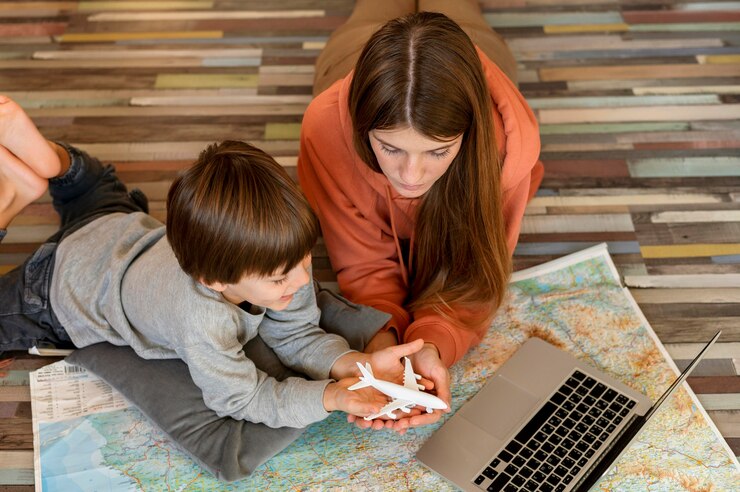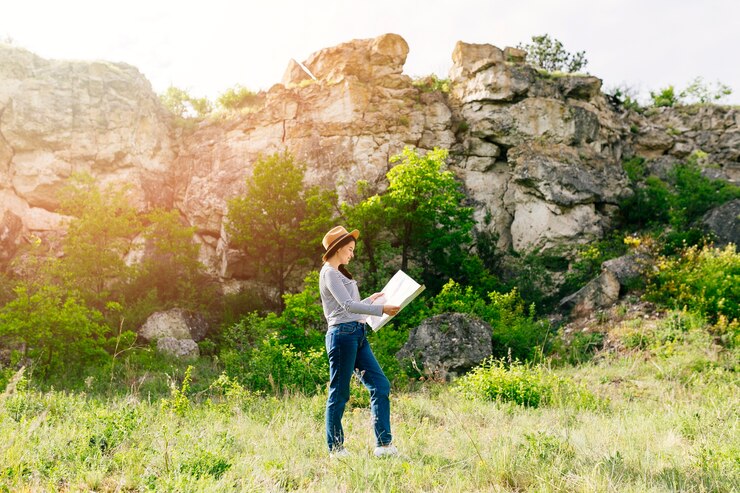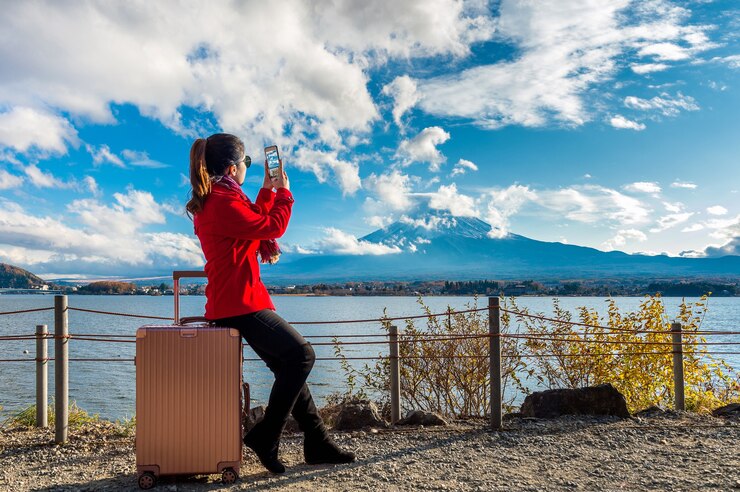Traveling to a new country can be an exciting and transformative experience. While exploring new landscapes, cuisines, and cultures is thrilling, one of the most rewarding ways to enrich your journey is by learning the local language. Even a basic understanding of common phrases can make a huge difference in how you experience a destination. Whether you are planning a short trip or a long-term stay, here’s how learning a new language for travel can enhance your journey and some practical tips to get started.
Why Learn a New Language for Travel?
1. Enhance Communication and Convenience
Knowing basic phrases in the local language helps with everyday tasks such as ordering food, asking for directions, and using public transportation. It makes interactions with locals smoother and allows for more independence while traveling.
2. Connect with Locals on a Deeper Level
People appreciate when visitors make an effort to speak their language. Even if you are not fluent, attempting to communicate in the local tongue often leads to warmer interactions, genuine smiles, and sometimes, unexpected friendships.
3. Gain a Richer Cultural Experience
Language is deeply tied to culture. Understanding common expressions and slang can help you grasp cultural nuances that you might otherwise miss. You’ll appreciate traditions, humor, and history more when you understand the words that shape them.
4. Boost Confidence and Cognitive Skills
Learning a new language challenges your brain, improving memory, problem-solving skills, and mental agility. It also increases your confidence, as you navigate unfamiliar environments with better communication skills.
5. Avoid Tourist Traps and Navigate Better
Speaking the language allows you to explore places off the beaten path, avoid tourist scams, and even bargain in local markets. Locals are more likely to guide and assist travelers who respect and engage with their language.
Practical Tips for Learning a New Language for Travel
1. Start with Basic Phrases
You don’t need to be fluent to make an impact. Learn essential words and phrases such as greetings, numbers, directions, ordering food, and asking for help. Some useful phrases include:
- “Hello” and “Goodbye”
- “Thank you” and “Please”
- “Where is…?”
- “How much does this cost?”
- “I don’t understand. Can you repeat?”
2. Use Language Learning Apps
Apps like Duolingo, Babbel, and Rosetta Stone provide interactive lessons and exercises that make language learning fun and easy. These apps help build vocabulary, pronunciation, and grammar skills at your own pace.
3. Practice with Native Speakers
Engage in conversations with native speakers through language exchange platforms like Tandem or HelloTalk. If you have a friend who speaks the language, ask them to practice with you.
4. Listen to Music, Podcasts, and Watch Movies
Immersing yourself in the language through music, movies, and podcasts can help with pronunciation and comprehension. Watching movies with subtitles allows you to associate words with their meanings in a natural context.
5. Label Everyday Items
A simple yet effective way to build vocabulary is by labeling common household items with their foreign-language equivalents. Seeing the words daily reinforces learning effortlessly.
6. Carry a Phrasebook or Download a Translation App
A small phrasebook or an app like Google Translate can be incredibly useful when you need quick translations during your trip.
7. Immerse Yourself in the Language Before You Travel
Surround yourself with the language as much as possible before your trip. Change your phone settings to the language, follow social media accounts in the language, or try thinking in the language for daily tasks.
8. Be Patient and Have Fun
Learning a new language takes time, and mistakes are part of the process. Don’t be afraid to make errors—most locals will appreciate your effort and encourage you.
Conclusion
Learning a new language for travel is one of the most rewarding ways to enhance your adventures. It allows for deeper cultural immersion, meaningful connections, and smoother experiences in a foreign country. Even learning just a few essential phrases can significantly improve your trip. With the right approach and mindset, language learning can be both an enjoyable and practical skill that lasts a lifetime. So, before your next trip, challenge yourself to learn some key phrases—you’ll be amazed at how much richer your travels become









+ There are no comments
Add yours